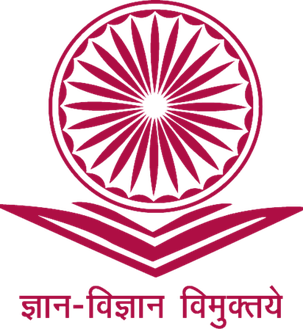Empowering India’s Future Voters: The New Education Policy (2020) and Media's Role in Shaping informed citizens
DOI:
https://doi.org/10.8476/sampreshan.v17i2.360Abstract
The media or can say Mass media, with specific reference to the collective entity of newspapers, radio, television and the Internet, play a very important role in national development. Nation’s building or development involves changes or advancement in a nation aimed at improving the political, economic and social lives of the people. The real influence of the media in national development will depend on the media themselves, the societies in "Empowering India: The New Education Policy (2020) and the Media's Role in Shaping the Nation's Future" which they operate, and the audience they reach. None of these factors are the same everywhere, at all times, or under all conditions. The media in dictatorships, for example, are not likely to exercise the same influence as those in democratic societies. Even among similar types of government, other factors, such as technology, the target audience and the message, may influence the extent of media impact in the society. Whatever the circumstances or the nature of the society in which the media operate, certain factors are basic in the way they influence national development. Every medium has a message; it has a target audience; it aims at influencing a change; it influences attitudes, perceptions and decision making; and it generally influences behaviour. The role of media in nation building can be examined through political, economic and social lenses. Politically, the media significantly influenced democracy, good governance, political transparency, foreign policy, human rights, counter terrorism efforts and public relations. Economically, the media impact areas such as policy formulation, economic growth, empowerment, advertising, tourism, business development and investment. Socially, the media shape cultural values, public opinion and societal norms.



